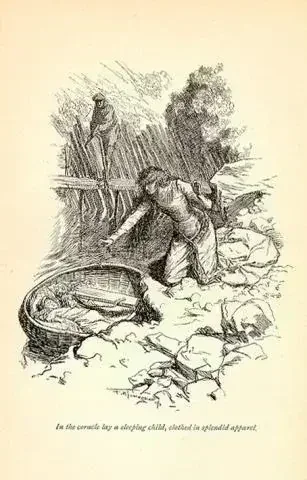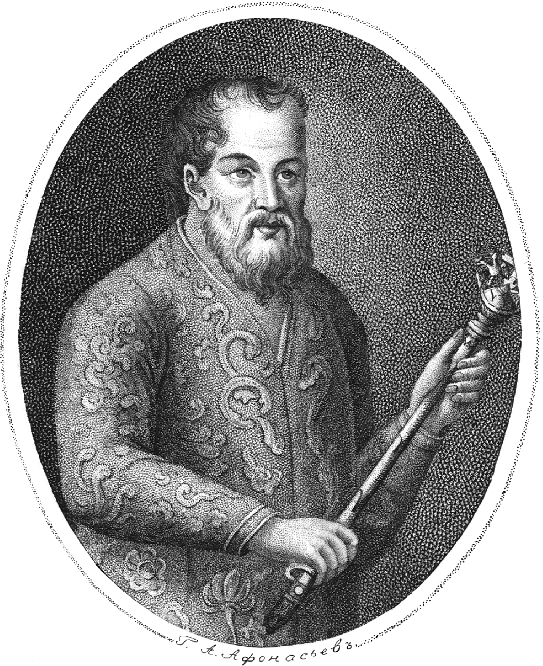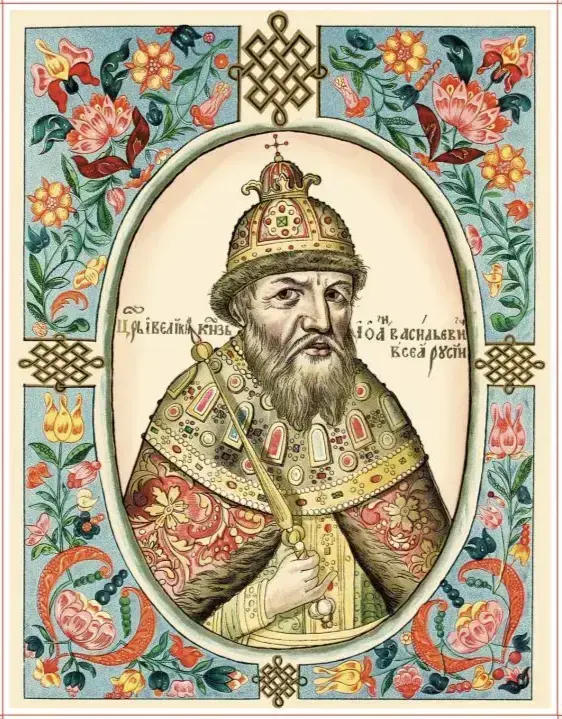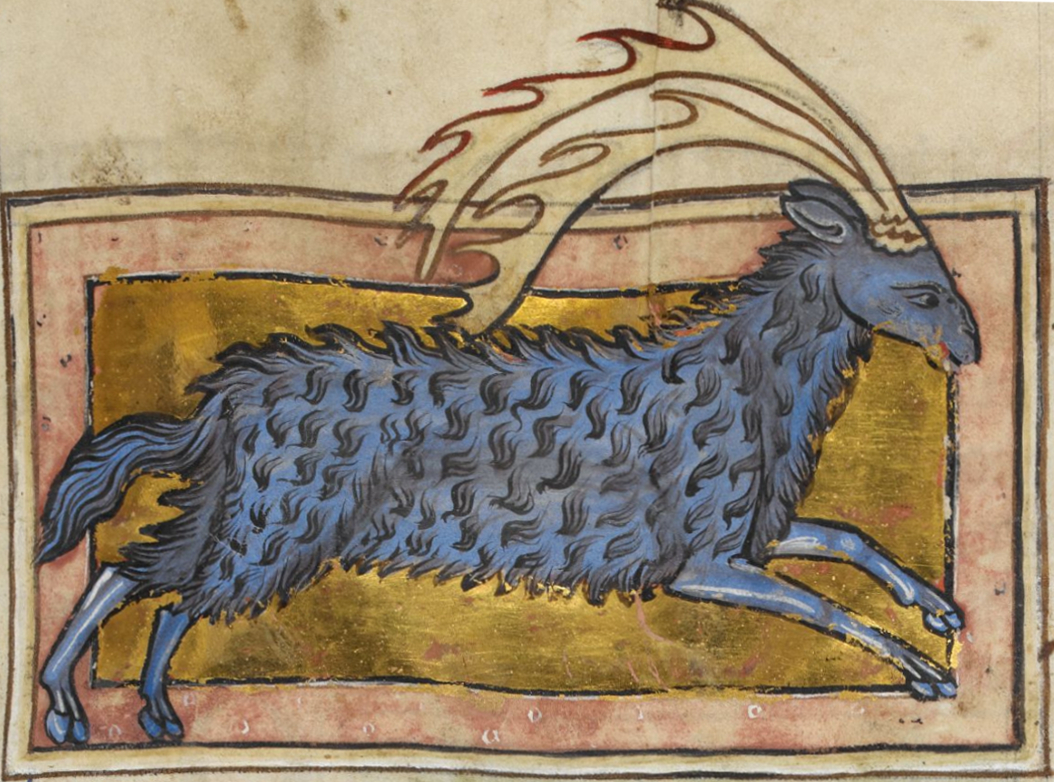Taliesin

Taliesin (/ˌtælˈjɛsɪn/ tal-YES-in, Welsh: [talˈjɛsɪn]; fl. 6th century AD) was an early Brittonic poet from Sub-Roman Britain whose work may have survived in the Middle Welsh manuscript known as the Book of Taliesin. He was a celebrated bard believed to have performed at the courts of at least three kings.
In 1960, scholar Ifor Williams identified eleven medieval poems attributed to Taliesin that potentially date back to the sixth century, suggesting they might be authentic works of a historical Taliesin. Most of these poems praise King Urien of Rheged and his son Owain mab Urien, though several indicate Taliesin also served as court bard to King Brochfael Ysgithrog of Powys and his successor Cynan Garwyn. Some events referenced in the poems, such as the Battle of Arfderydd (c. 573), appear in other historical sources.
Scholar John T. Koch suggests that Easter references in the praise poem Yspeil Taliesin ('The Spoils of Taliesin') indicate that both Urien and Taliesin were Christians following the Latin rather than Insular Easter traditions. Koch further proposes that Taliesin bridged the worlds of Brittonic Christian Latin literature and Heroic Age court poetry, enabling monastic scribes to develop vernacular poetry.
In legend and medieval Welsh poetry, Taliesin is often called Taliesin Ben Beirdd ("Taliesin, Chief of Bards"). The Historia Brittonum lists him among five renowned British poets, alongside Talhaearn Tad Awen, Aneirin, Blwchfardd, and Cian Gwenith Gwawd. He's also mentioned in the poem collection Y Gododdin and was highly regarded in the mid-12th century as the supposed author of numerous romantic legends.
According to folklore, Taliesin was adopted by Elffin, son of Gwyddno Garanhir, and prophesied Maelgwn Gwynedd's death from the Yellow Plague. Later stories elevated him to mythic hero status as a companion of Bran the Blessed and King Arthur. The earliest surviving narrative of his legendary biography appears in a 16th-century world history chronicle written by Elis Gruffydd.


